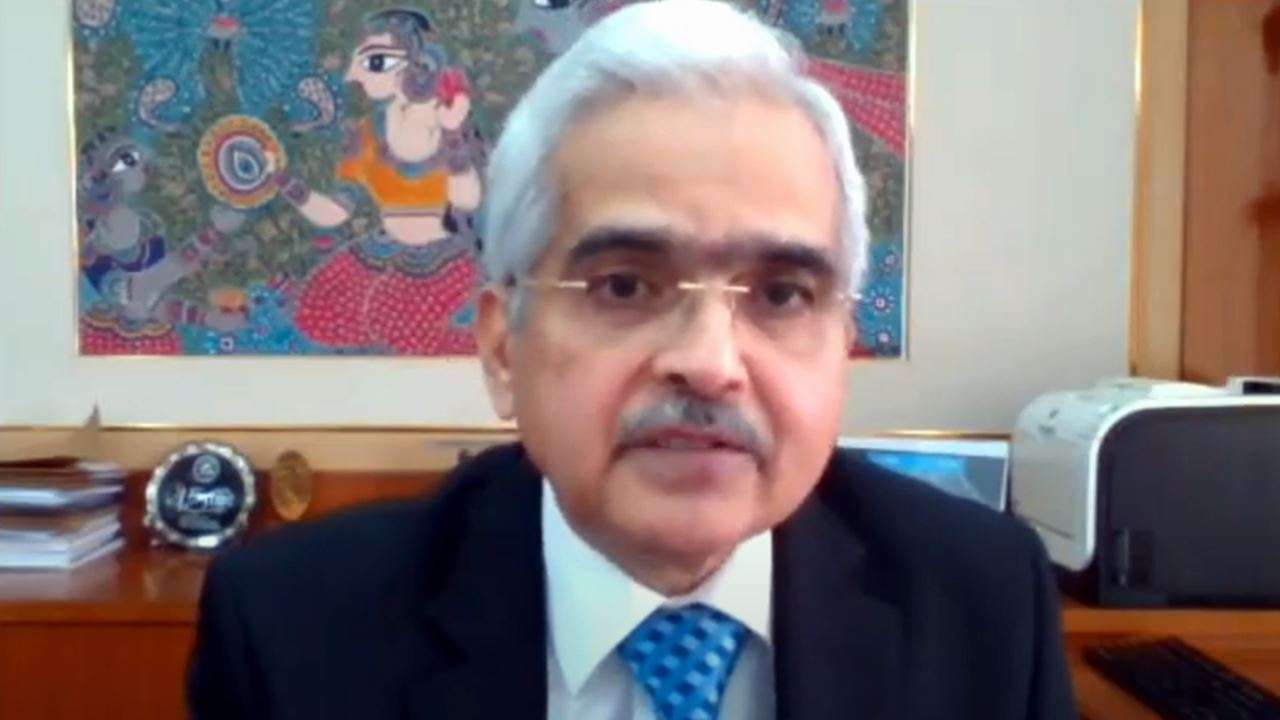Reserve Bank of India (RBI) Governor Shaktikanta Das said on Thursday said that while the moratorium on repaying loans was a temporary solution due to COVID-19 lockdown, the resolution framework is expected to give a durable relief to borrowers facing the pandemic-related stress. Speaking at an event organised by a financial daily, Das said that after COVID-19 is contained, a very careful trajectory needs to be followed for an orderly unwinding of counter cycle measures taken by the RBI. The central bank will start giving its estimates on inflation and growth, he said, adding that RBI has not exhausted its ammunition, whether on rate cuts or other policy actions. "The financial sector should return to normalcy without relying on relaxations and other measures as a new norm," the governor said. The RBI's response to the situation arising out of COVID-19 has been unprecedented, but the measures taken are intended to deal with the specific situation of coronavirus and cannot be obviously permanent he said. Das said that while green shoots are emerging and businesses are getting back to normalcy, it is hard to measure the impact of COVID-19 on the economy. The RBI has taken various steps like interest rate cuts and a moratorium on debt servicing. But there has to be a calibrated, cautious exit plan for the long-term, he added. The RBI had announced an optional 6-month moratorium for customers towards fixed-term loans and EMI payments. The moratorium period ends on August 31. Speaking on the consolidation of PSBs, Das said, that it was a step in right direction, adding that the size of banks is essential but efficiency is even more important. "Overall, the banking sector continues to be sound and stable," he stressed. "To say that banks will face stress is stating the obvious; what is more important is how banks react and respond to the challenge," he added.
